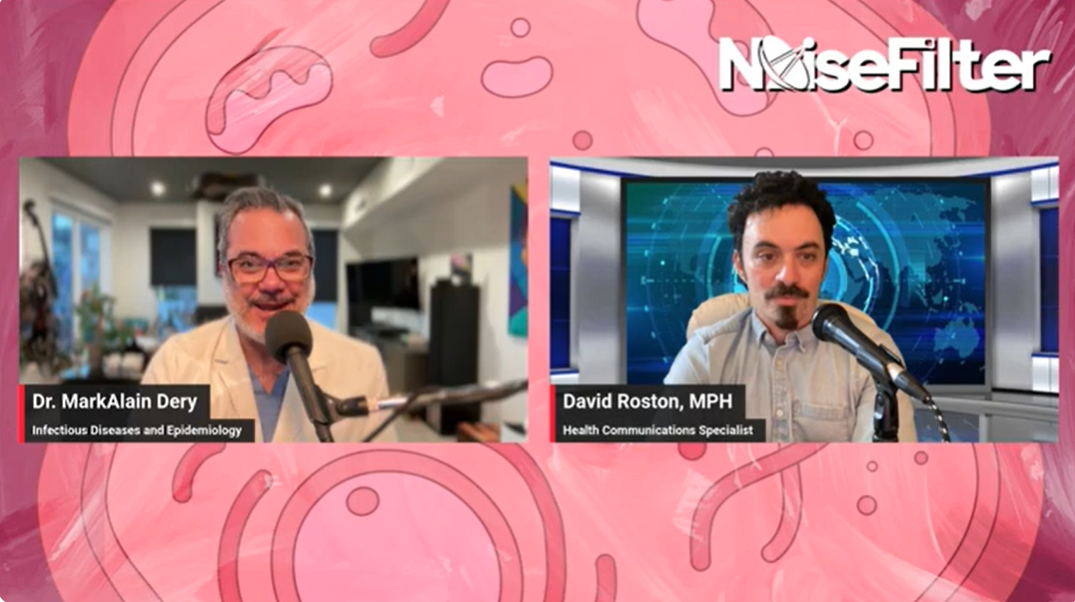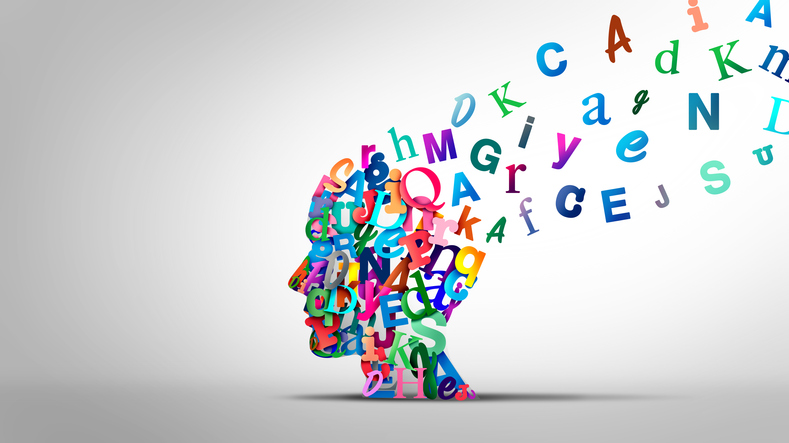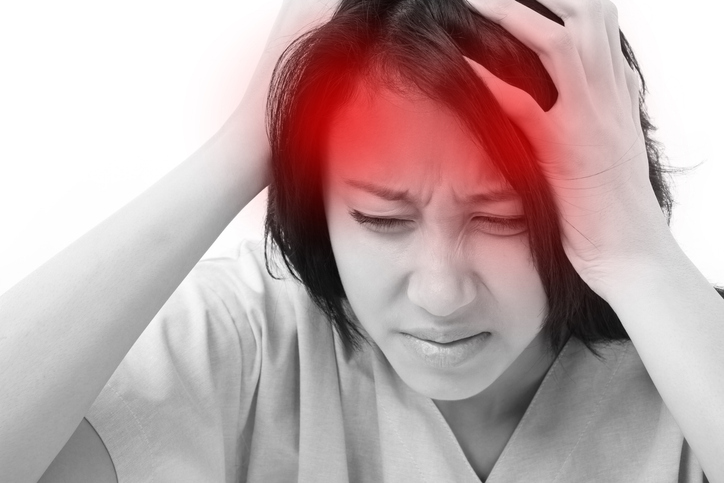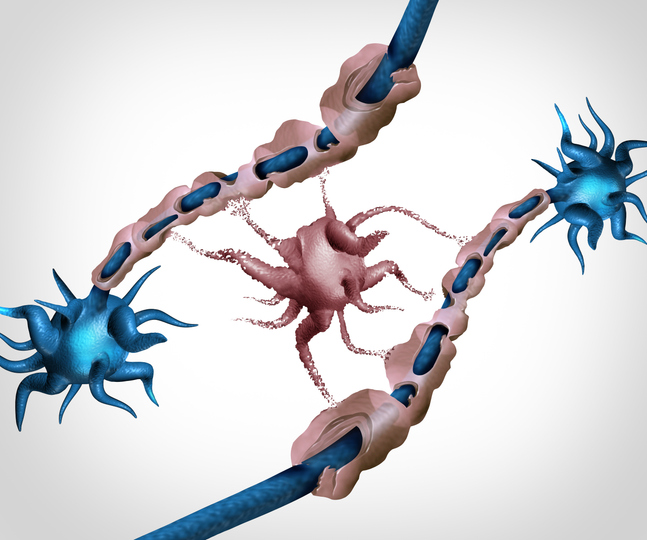
Patients with attention-deficit/hyperactivity disorder (ADHD) are conventionally treated with stimulants such as amphetamine and dextroamphetamine. For some patients, nonstimulant medications are valuable for adjunct or standalone therapy. In a study in CNS Drugs, researchers meta-analyzed trial data to characterize the efficacy, tolerability, and acceptability of 4 nonstimulants: guanfacine, clonidine, atomoxetine, and viloxazine extended release (ER).
According to the study’s co-contributors, all 4 nonstimulants were more effective for treating adult patients with ADHD compared with placebo. Specifically, atomoxetine (Hedge’s g, −0.48; 95% CI, −0.64 to −0.33), guanfacine (Hedge’s g, −0.66; 95% CI, −0.94 to −0.38), and viloxazine ER were significantly more efficacious compared with placebo. Conversely, atomoxetine was less well-tolerated than placebo, though the tolerability of guanfacine and viloxazine ER could not be estimated due to a lack of reported data in meta-analyzed studies.
Nonstimulant ADHD Treatment Side-Effects and Efficacy
The systematic review searched the PubMed, BIOSIS Previews, CINAHL, Cochrane Central Register of Controlled Trials, EMBASE, ERIC, Medline, PsycINFO, OpenGrey, Web of Science Core Collection, Proquest Dissertations and Theses, WHO International Trials Registry Platform, and ClinicalTrials.gov databases for relevant trials published by March 2022.
Eligible studies were double-blind, randomized, controlled trials that lasted at least 1 week and enrolled adults with a diagnosis of ADHD based on Diagnostic and Statistical Manual of Mental Disorders or International Classification of Diseases codes. Tolerability analysis was based on drop-outs due to side effects, and acceptability was based on drop-outs due to any cause.
The meta-analysis ultimately included 18 studies containing 4308 adult participants, while the narrative synthesis included 1 additional study with 374 participants. Overall, “all investigated nonstimulants were more efficacious in the treatment of ADHD in adults than placebo, while the placebo had better acceptability and tolerability,” the authors summarized.







 © 2025 Mashup Media, LLC, a Formedics Property. All Rights Reserved.
© 2025 Mashup Media, LLC, a Formedics Property. All Rights Reserved.